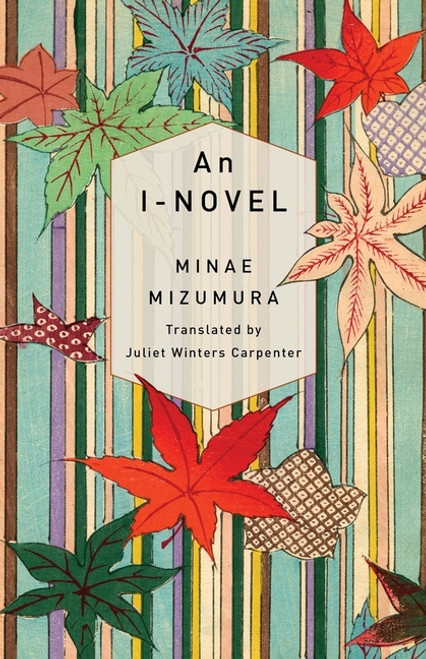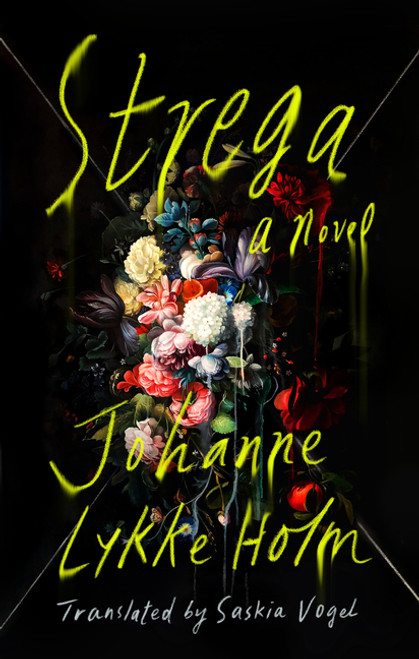"With tremendous intellect and her irreverent wit, Wiener rescues an intimate story from the family archive, a story that is also the infamous history of our continent. Her prose, sober and forward, is a breath of fresh air; her view allows us to be testimonies of Latin America's cycles of plundering and looting."--Valeria Luiselli, author of The Lost Children Archive and Tell Me How It Ends
An award-winning Peruvian journalist and writer delivers her stunning English breakthrough, blending fact and fiction in an autobiographical novel that faces the legacy of colonialism through one woman's family ties to both the colonized and colonizer.
Alone in a museum in Paris, Gabriela Wiener finds herself confronted by her complicated family heritage. Visiting an exhibition of pre-Columbian artifacts, she peers at countless sculptures of Indigenous faces each nearly identical to her own and recognizes herself in them - but the man responsible for pillaging them was her own great-great-grandfather, Austrian colonial explorer Charles Wiener. Wiener's "grand" contribution to history: the near rediscovery of Machu Picchu, nearly 4,000 plundered artifacts, a book about Peru, and a bastard child.
In the wake of her father's death, Gabriela begins to unpack the legacy that is her birthright. From the brutal racism she encounters in her ancestor Charles's book to her father's infidelity, she traces a cycle of abandonment, jealousy and colonial violence, in turn reframing her own personal struggles with desire, love, and race. As she explores the history of two continents, her investigation brings her closer and closer to the more intimate realm where both colonizer and colonized ultimately converge- the body- and her own desire to free it. Guided by a penetrating eye and fearsome wit, Undiscovered embarks the reader on a quest to pick up the pieces of something shattered long ago in the hopes of making it whole once again.
Probing wounds both personal and historical, Undiscovered is a culminating labor for our age, an earnest attempt to decolonize one's own desire.
Translated by Julia Sanches











